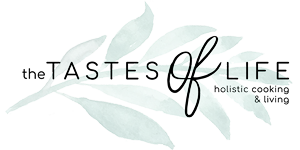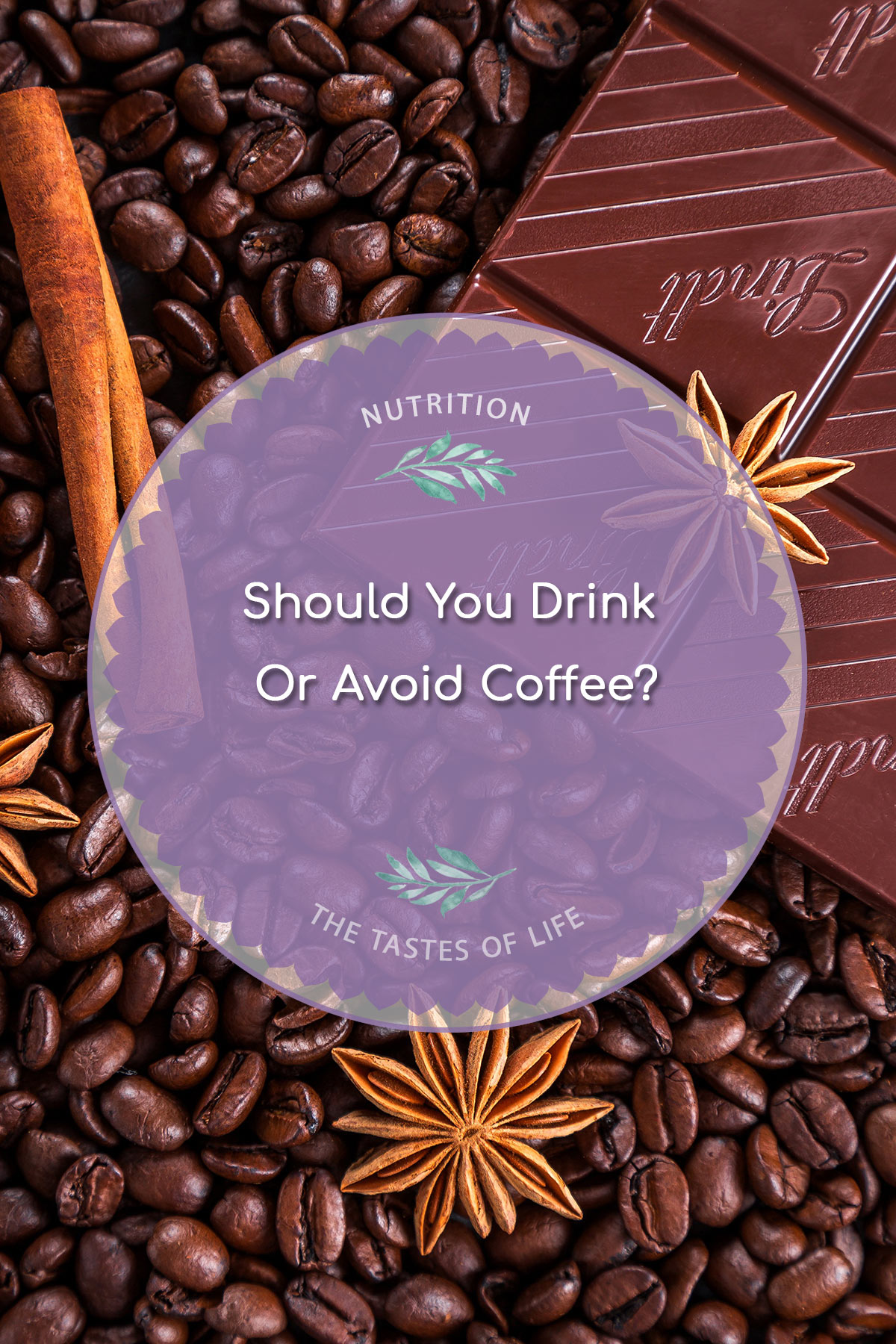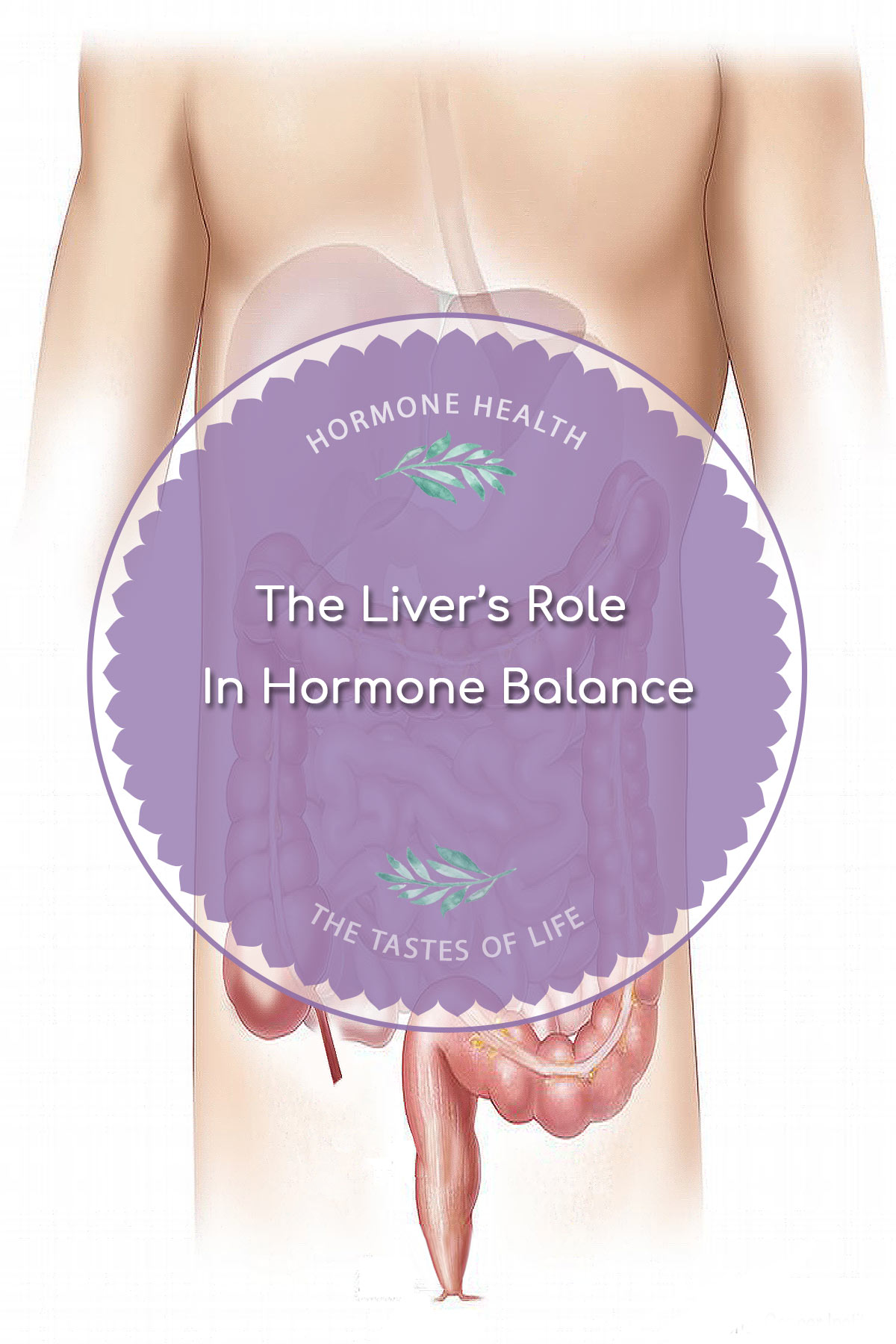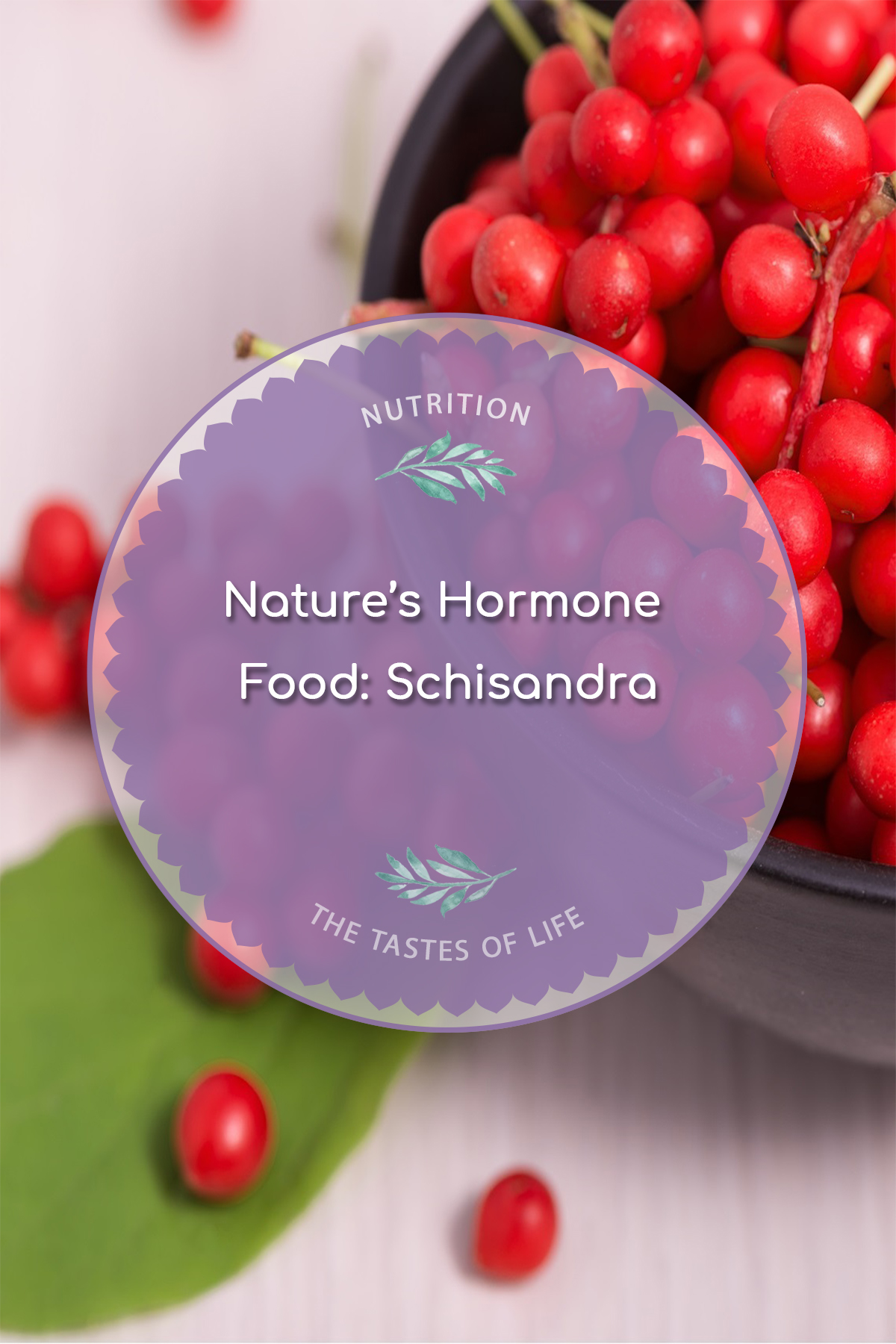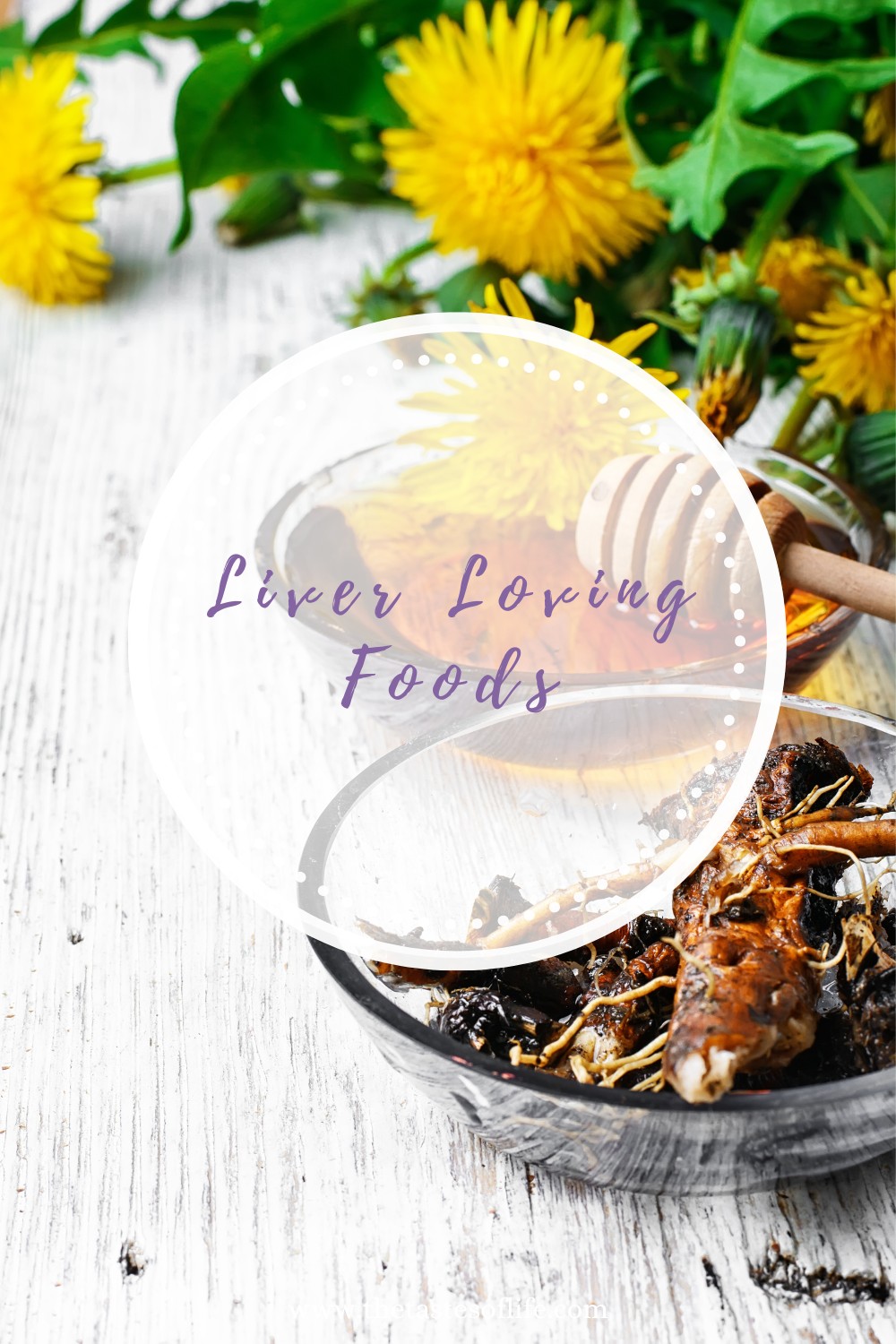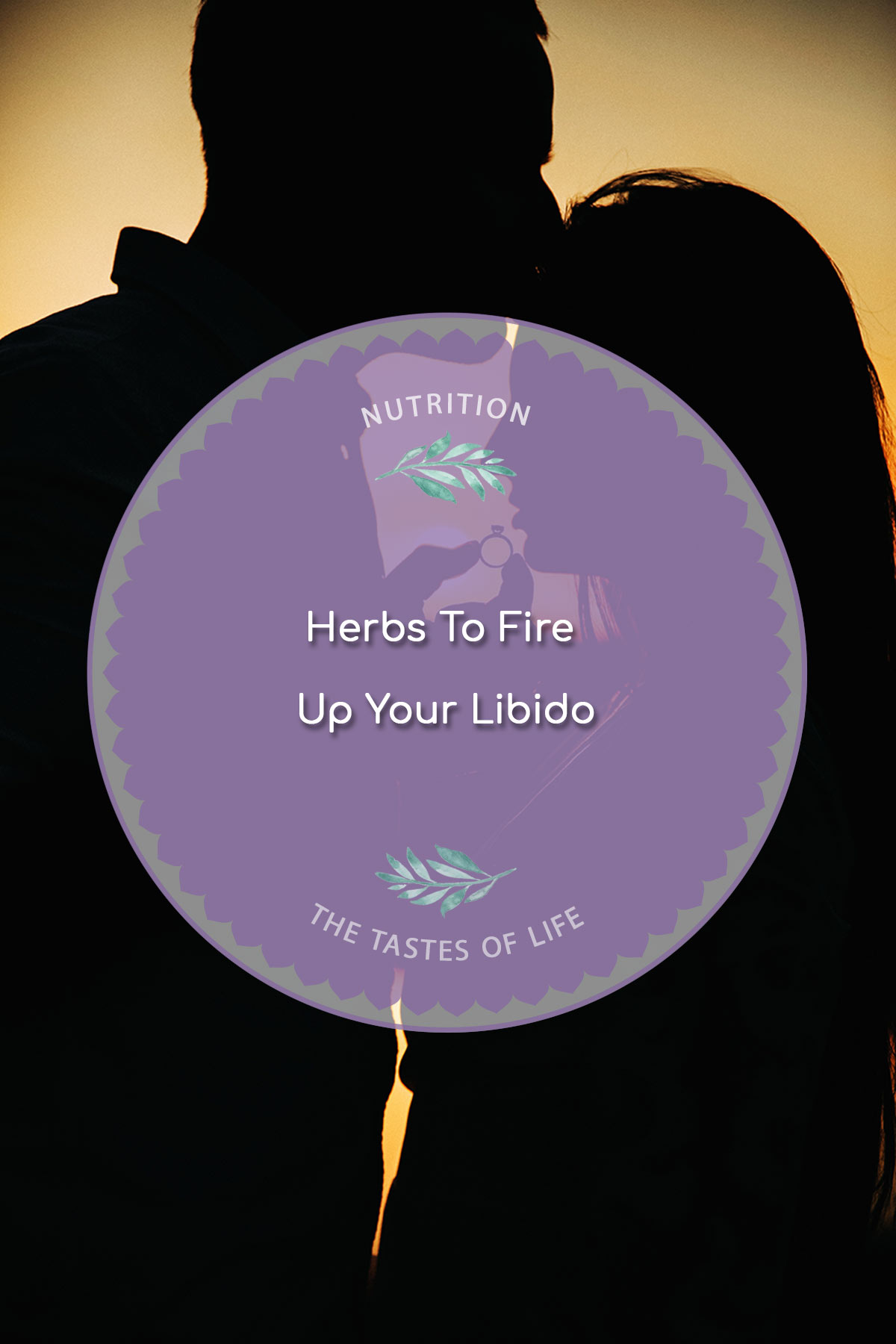What Are The Nutritional Support For Anxiety?

Nutritional Support For Anxiety
I still remember my last vacation in Europe when I was driving and missed the exit. I was really disgusted and exhausted that I completely freaked out. I suffered an anxiety attack, specifically a panic attack. I could not talk or breathe. There was nothing that could stop the anxiety attack then, and I was terrified. I was not aware of what had happened until I heard someone speaking about it and decided to recollect my memory. Since my early childhood, I had been suffering from a form of anxiety, and I did not have a clue about what it was. I was feeling guilty and bad about it. I decided to start researching what it was since I was interested in getting better.
What is Anxiety?
Anxiety refers to fear or worry that something terrible will take place frequently. Anxiety disorder is a prevalent problem that is known to affect most teenagers, and it can take place at any time. According to recent research, up to 30 million Americans are said to have been diagnosed with panic disorders, anxiety, and different phobias. Another 35 million do suffer from mild to moderate signs. Anxiety disorder is said to affect twice as many females are males. Anxiety supersedes scary. It is closely associated with heart diseases and high blood pressure.
Anxiety can either be acute or chronic. Acute anxiety manifests as panic attacks, and chronic anxiety is the milder form of an anxiety attack. Generalized Anxiety Disorder (GAD), which is chronic anxiety manifests by feeling anxiety most of the time, although the intensity is never that high as during a panic attack. Some of the common symptoms are feeling chronically worried, uneasy, and without any provoking factors. Most people with Generalized Anxiety Disorder can never relax and feel apprehensive. They do anticipate disaster and are concerned too much and more often. They do suffer from poor concentration, restlessness, irritability, muscle tension, headaches, insomnia, high blood pressure, and sleep disturbances. There is also a possibility that they can suffer from frequent panic attacks.
Panic attacks most often take place when the natural response of the body reactions takes place at the wrong time. As the body is preparing itself to deal with an emergency, it can make it produce more adrenaline. An increase in the production of adrenaline can make the body step up protein, fats, and carbohydrates metabolism for fast energy output for immediate use.
The heartbeat will become more rapid as the muscle tension increases. In the case of survival, all the symptoms will be normal, although, at other times, when not in real danger, the same symptoms will not be required and can, at times, be very frustrating. Most of the individuals with panic attacks are usually overwhelmed with fear, and they most often feel they will die and do not have clear thinking.
The panic attacks are usually abrupt, intense, and unexpected. They can last for several minutes, which can be up to 30 minutes, although it seems a bit longer for the person who suffers from it. Most people do believe that they will be suffering from stroke or heart attack. Although they are, in most cases, triggered by stress, they can also be triggered by the response of specific minerals deficiency, foods, drugs, hormonal imbalances, menopause, vitamin, gut dysbiosis, and illness. Food and Hypoglycemia allergies are the most people in individuals suffering from panic attacks. Stimulants like alcohol and coffee are among the common causes too.
The attacks do take place without any real cause since they are unpredictable, which makes them even more distressing. Most of those people who have panic disorder are also known to have social anxiety.
Most scientists do believe that anxiety is caused by brain chemistry malfunction, where the brain receives and sends false emergency signals. Hyperactivity in particular regions of the brain causes norepinephrine release that causes breathing, pulse, and blood pressure to quicken, thereby producing symptoms of a panic attack. Anxiety disorders run in families, and it is believed that both the learned and genetic components play an integral role.
Causes of anxiety
Mental condition
Physical condition
Trauma to medication side effects
There are certain medical conditions that copy anxiety symptoms. Some of these conditions are:
- Heart conditions
- Diabetes
- Minerals and vitamins deficiencies
- Asthma
- Genetic
- Substance abuse and withdrawal symptoms
- Gut dysbiosis
- Epilepsy
- Thyroid disorders
These external factors are known to cause anxiety:
- Lack of oxygen
- Trauma
- Stress
Symptoms and Signs
- Sweating
- Muscle tension
- Trembling
- Restlessness
- Sleeping difficulty
- Hyperventilation
- Fatigue
- GI Problems
- Feeling nervous
- Hot flashes
- Neurotransmitters imbalances
- Increased heart rate
- Dizziness
- Difficulty concentrating
- Feeling of unreality
- Feeling overwhelmed
- Irritability
- Unreality Feeling
- Claustrophobic sensations
- Feeling worried
- Distorted perception of time
Complications
- Suffering from anxiety can lead to several mental and physical condition
- Depression
- Isolation
- Insomnia
- Digestive issues
- Chronic pain
- Decreased libido
- Substance abuse
- Muscular stiffness and twitching
- Changes in the menstrual cycle
- Suicide thoughts
- Low-quality life
Anxiety disorders Types
Generalized anxiety disorder (GAD) persistent, unrealistic and excessive worry daily
Phobias: Fears and anxiety some of the ordinary and harmless things such as flying.
Post-traumatic stress disorder (PTSD) – This can be a result of some severe trauma or even life-threatening event such as war, rape, etc.
Social Anxiety Disorder- Fear whenever you are in social situations
Panic Disorder – This seems to arise out of the blue without any reason
Obsessive-compulsive disorder (OCD)- Disruptive and unwanted thought
Hormones do play an important role in anxiety
One can struggle with three different hormones related to anxiety
Insulin-based anxiety
It is very important for one to have stable blood sugar for mental health and mood. Whatever you feed on has an impact on how you will be feeling and your health. Overeating simple carbohydrates such as processed sweets, potatoes, pasta, bread, chips, etc. will compromise your mood.
These types of carbs are capable of spiking your blood sugar level, and the body will have to secrete high insulin doses in an attempt to reduce it. In case this is happening on a daily basis, insulin overproduction will create a state of hypoglycemia. In case you experience signs like fatigue, irritability, and shakiness, then there are high chances that you are experiencing hypoglycemia which leads to anxiety. The body will be protecting your heart and brain from the dangerous levels of low blood sugar and will be pumping out more cortisol that will affect your mental state directly.
Estrogen-based anxiety
The human body works best when it is well balanced. In case any of your hormones are out of balance, then your entire body will be out of balance. When the levels of estrogen are too high or low, the ratio of estrogen and progesterone will be off. In most cases, this does happen during the premenstrual phase, menopause or perimenopause and it can lead to anxiety. Estrogen does have a calming effect on the human brain, and the optimal progesterone levels can also be calming.
As women continue going through their menstrual life, when they get to 35, they have lower progesterone levels, which make estrogen to become the dominant hormone. However, when the dominating hormone is estrogen, and the hormones are not well balanced, this can affect the brain’s neurotransmitters leading to panic attacks, anxiety, and a sense of overwhelming doom.
It can also lead to several problems such as, uneasiness, apprehension, mood swings, and irritability.
Cortisol-based anxiety
Cortisol is a stress hormone that increases and drops at the right time during the day. A situation where a person is chronically elevated or deficient of cortisol is referred to as HPA dysfunction. It can lead to one feeling anxious, depressed, and fatigued.
Thyroid
The thyroid glands govern the metabolism of the body, use, and production of energy. Whenever an individual is low in the thyroid, their brain does make low neurotransmitter levels, which are referred to as the Gamma-aminobutyric acid (GABA) that can cause anxiety.
Whenever the body hormones are not in balance, and estrogen is the dominant hormone, this can affect the brain neurotransmitters leading to an overwhelming sense, panic attacks, and anxiety. It can also lead to some issues like uneasiness, apprehension, mood swings, and irritability.
Things You Can Do to Help in Relieving Anxiety
Changing the diet
Your primary focus should be feeding on good quality, real, and whole food. The unrefined foods are nutrient-dense, and a majority of the nutrients will have to be replenished since anxiety is a deficiency of crucial nutrients that are important in the production of hormones and neurotransmitters.
The combination of the amino acids from omega 3 fatty acid, protein, and vitamin B from the antioxidants and seafood from fruits and vegetables and magnesium from the dark leafy greens is the key.
Ensure you do feed on the anti-inflammatory food protocol and find out if you are sensitive or allergic to any food. This can be a great trigger for anxiety.
Reducing inflammation and healing the gut is important when it comes to the curing of anxiety. The inflammation levels play a big role in brain health.
Stabilized blood sugar is important for anxiety. It is very important that one reduces the intake of refined carbohydrates and sugar. It can be best to do away with gluten. Gluten grains are known to be very high in the glycemic index that can generate insulin resistance and promote hypoglycemia. Gluten also comprises protein, which is difficult to digest and can interfere with mineral absorption that causes nutrient malabsorption. Ensure you keep off foods containing sugars since they do contribute to mood swings. Consumption of gluten together with mood issues is usually linked. Ensure you eat healthy fats as they do support the production of hormones and help in the proper functioning of the brain.
One needs to take quality proteins like chicken and lean meat like turkey. Quality protein will help in assisting the brain in function better. They are the building blocks, and they will support you in the day. Protein stabilizes levels of sugar and helps in reducing the amount of food that is consumed. It also helps in lessening the appetite.
The protein comprises of amino acids, and the protein which you eat directly will always affect the amino acid levels in the brain and blood that will also affect the levels of the neurotransmitter that play an essential role in the mood.
Ensure you feed on animal protein and plant protein like hemp, organic, nuts, legumes, chia seeds, sprouted soy production, etc. You can also supplement with whey powder and pea. However, the whey powder is advised for vegans and vegetarians.
It could be best if all the meat were organic and grass-fed since it contains more minerals and vitamins like Vitamin B, glutathione, vitamin E, and conjugated oleic acid. Red meat is mainly rich in iron, zinc, and selenium, which are essential in the regulation of mood. For people suffering from a deficiency in anxiety disorder, zinc and vitamin B6 will play an important role. Red meat can be a great source of all these nutrients. Ensure you feed on it in moderation. Intake of protein needs to have a minimum of 20 g of protein with each meal then protein with some snacks.
Poultry is known to be a great source of amino acids like omega 3 fatty acids, vitamins B, selenium, and tryptophan, all of which play an integral role in anxiety. The egg yolk is rich in choline that is important in making a healthy brain.
It is highly recommended that we take three meals in a day and two snacks to help in preventing sugar spikes and cravings that can lead to anxiety. Ensure breakfast is nutrient-dense and that the protein quality is high. Taking lots of fruits and vegetables is vital for your diet, and all these do have an impact on your mood. They also offer lots of vitamins and minerals together with antioxidants. Most of them do play an integral role in our well-being.
Feeding good fats is important since they are essential to the hormonal balance, physiological process, and nervous system. The Mediterranean diet is widely accepted as it helps anxiety. Fat also helps in the absorption of carotenoids. Ensure you do add coconut butter, coconut milk, coconut oil, olive oil, flaxseed oil, hemp seed oil, coconut milk, and avocado oil in your diet. Taking in more healthy fat will help you in stabilizing the levels of blood sugar.
Try avoiding alcohol and caffeine as they are known to deplete vitamins B, the natural tranquilizer. For instance, caffeine will make you anxious since it is a stimulant. It will elevate the heart rate and increase your blood sugar. Alcohol will increase the anxiety feeling and can cause hypoglycemia, which causes nutritional deficiency. Consumption affect tryptophan metabolism.
It is also important one takes food rich in fiber. The fiber will help in stabilizing blood sugar, thereby protecting one from mood swings and helping in keeping fit. Feed on dark green leafy vegetables, legumes, artichokes, and broccoli. However, a higher amount of cruciferous vegetables is recommended since it contains sulfur that helps in the methylation and detoxification of the liver.
Take enough water and herbal teas together with adaptogens like chamomile, lemon-ginger, Ashwagandha, mint, Rhodiola, and licorice. Be drinking a minimum of 64 oz daily. You can also take other beverages like water with lemon, coconut juice, and vegetable juice.
It is also advisable that you take food that is rich in higher levels of omega 3 like chia seeds, hemp seeds, cold-water fish, and walnuts. Seafood is the most abundant copper, iodine, chromium, zinc, and selenium source. They are vital elements for the metabolism of healthy blood sugar, and it is also beneficial for mood disorders.
The seafood also contains Vitamins B12, A, and D. Taking crabs, clams, and oysters will be of great help. The seafood will help in reducing inflammation. Fish is widely known as brain food that is responsible for correcting sugar cravings from excess intake of cookies, pasta, and bread. You need to limit the intake of omega 6 foods since they do have inflammatory properties. Ensure that you take wild-caught fish. Also, take some oily fish too like sablefish, sardines, and Alaskan salmon as they are a great source of omega-3 fatty acids.
Taking food rich in probiotics like kimchi, kombucha sauerkraut, yogurt or kefir is essential. Fermented foods like yogurt, kimchi, raw sauerkraut, brined pickles, and kefir do help in improving digestive function and they are capable of reducing inflammation. The probiotics will help in enhancing gut-brain communication and also help with inflammation. They do have a direct influence on the neurochemicals produced by microbial.
Foods that are Lacto-fermented are essential in supporting the communication of the gut-brain. Foods that are fermented are capable of magnifying the quality of protein and bioavailability of the mood-regulating zinc, magnesium, and vitamins B. It helps in preserving the vitamin C and polyphenolic of the plant that are of higher anti-inflammatory and antioxidant effects.
Bitter herbs will help in stimulating the functions of liver and digestion. Ginger, artichoke leaf, Oregon grape root, and Dandelion are great. It is also crucial that you take foods rich in vitamin B, as it is vital for a balanced mood and brain health. Some of the examples of food rich in vitamin B are beans, eggs, dark leafy greens, nuts, and organ meats.
Booster foods such as bone broth do offer minerals and amino acids. The sea vegetables are capable of offering extra vitamins and minerals. Spice or Oregano oil does help with the production of serotonin. The seeds and nuts provide magnesium, good fat, and omegas 3s together with fiber.
Improved nutrition will also change lifestyle and help in the reduction of stress. Exercise and the use of supplements need to be part of the natural approach that will help with all the issues that are related to anxiety. Changes in diet are the most important and among the most effective methods of assisting anxiety disorder. Changes in diet will help in providing a strong foundation for brain chemistry.
Toxin accumulation in body tissues, including the nervous system, is one of the unrecognized and significant causes of panic attacks and anxiety. Detoxification is a reliable tool that helps in the cleansing or purification process, recovering from depression, anxiety, and PTSD. It is capable of eliminating body waste, including the toxins which affect cognitive function and mental well-being.
Recipe of the Seaweed Salad Detox
1/4 cup broccoli sprouts
5 radishes
1 cup of dry arame or hijiki seaweed
1 cup of broccoli florets
1 carrot
½ of an English cucumber
3 scallions
Dressing
Dash of black pepper
1 tablespoon coconut aminos
¼ cup toasted sesame oil
1 inch of minced fresh ginger
¼ cup apple cider vinegar
2 cloves of minced garlic
Directions
Soak seaweed in water for 16 minutes when they will be soft.
Dice the carrots, broccoli, radish, cucumber, pea pods, and sprouts into small pieces
Mix all the ingredients used in dressing and whisk until they are well combined
Combine the mixture of vegetables with seaweed and pour the dressing on it. Mix then give it some time to marinate.
Nutritional Support
1. Vitamin B6
This is water-soluble vitamin that is involved in tryptophan synthesis to serotonin. It is a relaxing neurotransmitter with the Tryptophan playing the role of mental stability and mood regulation. Vitamin B6 does make norepinephrine and serotonin, and they do help in transferring signals into the brain. Some of the primary sources of vitamin B are fish, chicken, sunflower, carrots, and grass-fed organic meat, walnuts, sunflower seeds, and alfalfa sprouts.
2. Magnesium
This is an essential mineral in the human body. It needs up to 300 enzymes for it to function, and it is a vital mineral when it comes to the prevention of headaches, cardiovascular disease, controlling of blood pressure, and does play a critical role in the regulation of insulin. It is also an essential mineral in type 2 diabetes prevention.
Magnesium is a minerals that relieves stress; it relaxes and calms. It also helps in nourishing the nervous system and in preventing irritability and nervousness. Intake of low magnesium does have a close relationship with anxiety disorders.
The best amount of daily allowance is 350- 400 milligrams. However, for therapeutic use for cases of anxiety, you can take 800 mg since most people are deficient in it. However, ensure that you do take it with 1600 mg calcium. Magnesium does promote restful sleep; hence, be sure that you take it in chelated form.
Some of the foods rich in magnesium include pumpkin seeds, cocoa, beans, almonds, dark green leafy vegetables, seaweeds, and flaxseeds.
3. Fat
The human body requires good fat like omega 3s, omega 6s, and omega 9s for proper functioning. Good fat helps in the regulation of hormones that help in reducing pain and inflammation together with blood pressure and heart rate regulation. Good oils and fats are important in the diet since they do help in getting Candida under control. The fats do increase the ability of the body to take nutrients from the foods consumed along with offering the most efficient energy source.
The building blocks for cell membranes and other hormones are fats. In fact, the good fats are carriers of the soluble fats, vitamins A, D, E, and K, and they help in the conversation of carotene to vitamin A to help in the absorption of minerals. They are also important in the utilization and assimilation of vitamin D.
The human brain is made of fat, and when they do get enough healthy fat, the brain will be contented. The omega 3’s is important for the right functioning of the brain.
4. GABA
The gamma-aminobutyric acid does play a crucial role in anxiety, and this takes place naturally in the brain. It is known to be one of the most crucial calming neurotransmitters and it is also an amino acid. It is mainly associated with poor sleep, stress, anxiety, and agitation whenever their levels are down. You will be stress-free ad relaxed when you have enough GABA. Vitamin B6 is essential for GABA synthesis, and magnesium is an important component in GABA synthesis.
Always take GABA in between the meals.
5. Tryptophan
The Tryptophan is an essential amino acid and a protein building block that is converted into serotonin, a neurotransmitter tasked with helping on anxiety symptoms. It also offers mood regulation and helps with the regulation of stress.
When Tryptophan is in insufficient levels, the anxiety symptoms do increase. Vitamin C, Vitamin B6, and magnesium are essential when it comes to the conversion of the tryptophan to serotonin into the brain. It also helps in improving mood and calming thoughts. It is available in both animal and plant proteins and is also present in turkey, chicken, beans, and eggs. It is recommended that one takes 500 mg capsule a day.
6. Chromium
Chromium does play an important role when it comes to controlling sugar. It helps in increasing insulin action, which is a hormone responsible for regulating glucose transfer from the bloodstream to cells where it is used for the purposes of energy. It acts like the Insulin Potentiator and makes the production of insulin in the body increase, thereby improving the efficiency of insulin that will, in turn, helps in lowering the levels of blood sugar.
Less insulin will be required when you have enough chromium amounts in the body. There is also a smaller amount of chromium inside that blood that helps in the metabolism of glucose and insulin.
Chromium is the active factor in the glucose tolerance factor, GFT, and it helps the insulin to be enough. When insulin does not have chromium, it cannot do the job. It helps in increasing the neurotransmitter serotonin levels and depression, including weight gain and increased appetite.
It improves anxiety symptoms since it has a close relationship with low serotonin. Consuming Chromium picolinate helps increase absorption.
Some of the foods that are rich in chromium include romaine lettuce, tomatoes, broccoli, and green beans.
7. Valerian root
The Valerian root is a native plant commonly found in Europe and Asia. Its dried root and steam are normally used for medicinal purposes. It does have sedative properties, which can help in insomnia and anxiety. Recent studies have found that the Valerian root is effective when it comes to lessening anxiety symptoms. It can easily bind to the GABA receptors and also help in increasing GABA release. It also activates glutamic acid, which is an enzyme that is involved in GABA synthesis. Take 400- 900 mg on a daily basis.
8. St. John’s worth
St. John’s wort is native to South and North America, Asia, and Europe, and it is well known for relieving mild to moderate anxiety, depression, and PMS. When taken in high doses, it can help in severe depression.
It has a similar effect as the standard antidepressant drug and does promote the feeling of stability and control as well as improving mood.
Take 300 mg three times in a day.
9. Rhodiola
The Rhodiola refers to an adaptogenic herb. This means that it can increase resistance to stress without causing any disturbance to the normal functioning of the body. It also reduces serotonin, dopamine, and norepinephrine breakdown.
It grows in Europe and Asia and has been used for several years for medical purposes. It can best be used in a relatively short period.
Individuals who experience anxiety attacks need to change their lifestyles. A healthy diet, together with the right nutritional supplement, can be of great benefit and can help in reducing the overall anxiety and panic attacks.
Do you want to know more? Book a session here: https://calendly.com/thrivinghormones-llc/15-minute-free-consultation
Please feel free to comment or ask any questions below. Share the blog on Instagram with the hashtag #thetastesoflifeholisticblog .
Yum